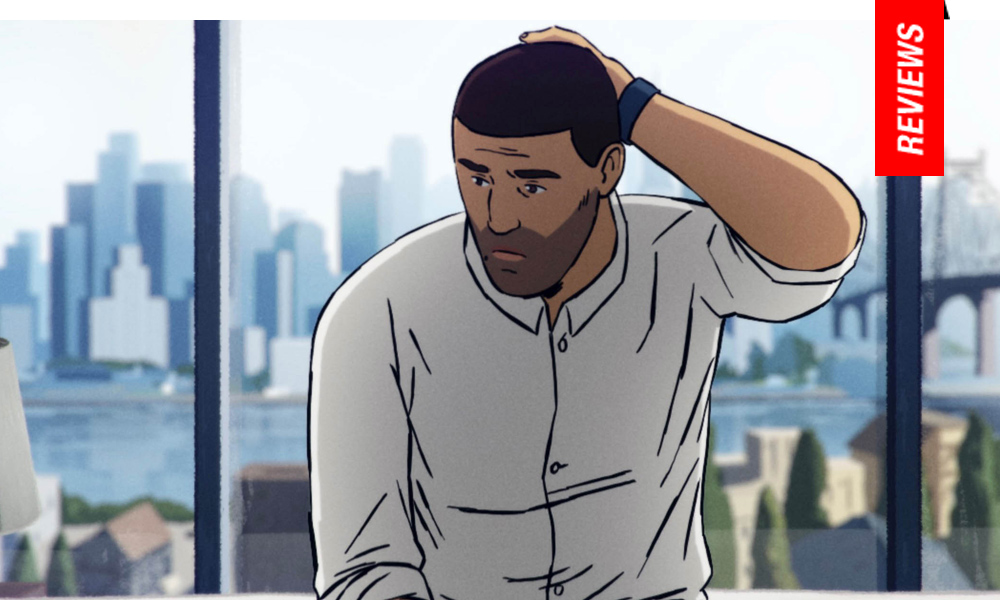Flee a Mile in your Neighbor’s Shoes: Ramussen’s Refugee Doc Is A Journey Worth Taking
Flee explores repressed trauma, finally allowed to exhale. After the Taliban disappears Nawabi’s father and tries to enlist his older brother, the family takes flight: from one fraught city to the next, they evade morally-bankrupt authorities, cope with immeasurable losses, confront impossible choices—and on top of all that, Nawabi is homosexual. The film makes room for a tender coming-of-sexuality that his real adolescence had no time to explore. Plus, as the story unfolds, we come to know the present-day Nawabi, who has built a life on the other end of his traumas: his friendship with Rasmussen; his romance with Kasper; his unshakeable faith in the potential before him.
Rasmussen’s respect for his friend is a constant. Flee finds time for levity, avoids superlatives and is never prurient. In his previous film, What He Did (2015), Rasmussen experimented by filling audio-visual gaps with archival footage; in this latest, he has found his stride. Here, the animation is understated; only during moments of peak emotion do the graphics take over, helping us inhabit Nawabi’s mind. He also experiments with color and focus: when Nawabi is claustrophobic, trapped in a leaking ship, the images turn black & white, impressionistic. All this is pleasing—but the true art of Flee lies in our emotional proximity to its subject.
Executive Produced by Riz Ahmed and Nikolaj Coster-Waldau (who will voice the English-language dub), Flee seems destined to appeal to international audiences. But it’s not just a homework assignment designed to increase awareness of global trauma, it’s a thrilling, moving and perilous voyage in someone else’s shoes. Flee is the full-package deal: suspenseful and powerful; effective and affecting; a startling wake-up call and a surprisingly tender portrait. Ushering us deftly through the darkness, Nawabi’s journey encourages a delicate balance of introspection, empathy and hope: no matter what happened before, it is possible to rebuild, even when it’s impossible to forget.
Reviewed on January 31st at the 2021 (virtual) Sundance Film Festival – World Cinema Documentary Competition. 90 Mins
★★★★/☆☆☆☆☆
